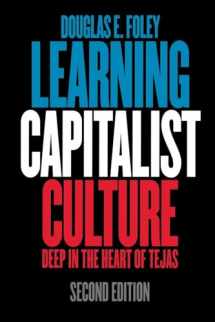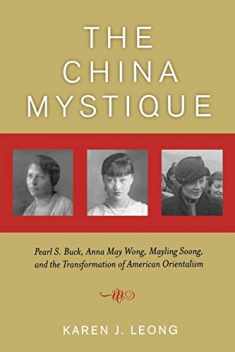
Learning Capitalist Culture: Deep in the Heart of Tejas (Contemporary Ethnography)
Book details
Summary
Description
Building on the author's thirty-six years of experience with North Town, this second edition of Learning Capitalist Culture presents an updated ethnographic study of the small, economically depressed, predominantly Mexican American south Texas town. Like many communities in the Southwest, North Town has undergone significant cultural and political change since the late 1960s, when the Chicano civil rights movement emerged and challenged the segregated racial order. The resulting racial confrontation between Mexicanos and Anglos created new tensions and problems for North Town youth.
Douglas E. Foley examines the way in which these youth learn traditional American values through participation in sports, membership in formal and informal social groups, dating, and interactions with teachers in the classroom. Foley shows how the rituals involved in these activities tend to preserve or reproduce class and gender inequalities, even as Mexicanos transform the racial order. This edition contains updated sections on theory and field methods, as well as an epilogue that revisits many of the characters in the original ethnographic research.


We would LOVE it if you could help us and other readers by reviewing the book
Book review




